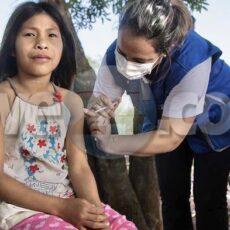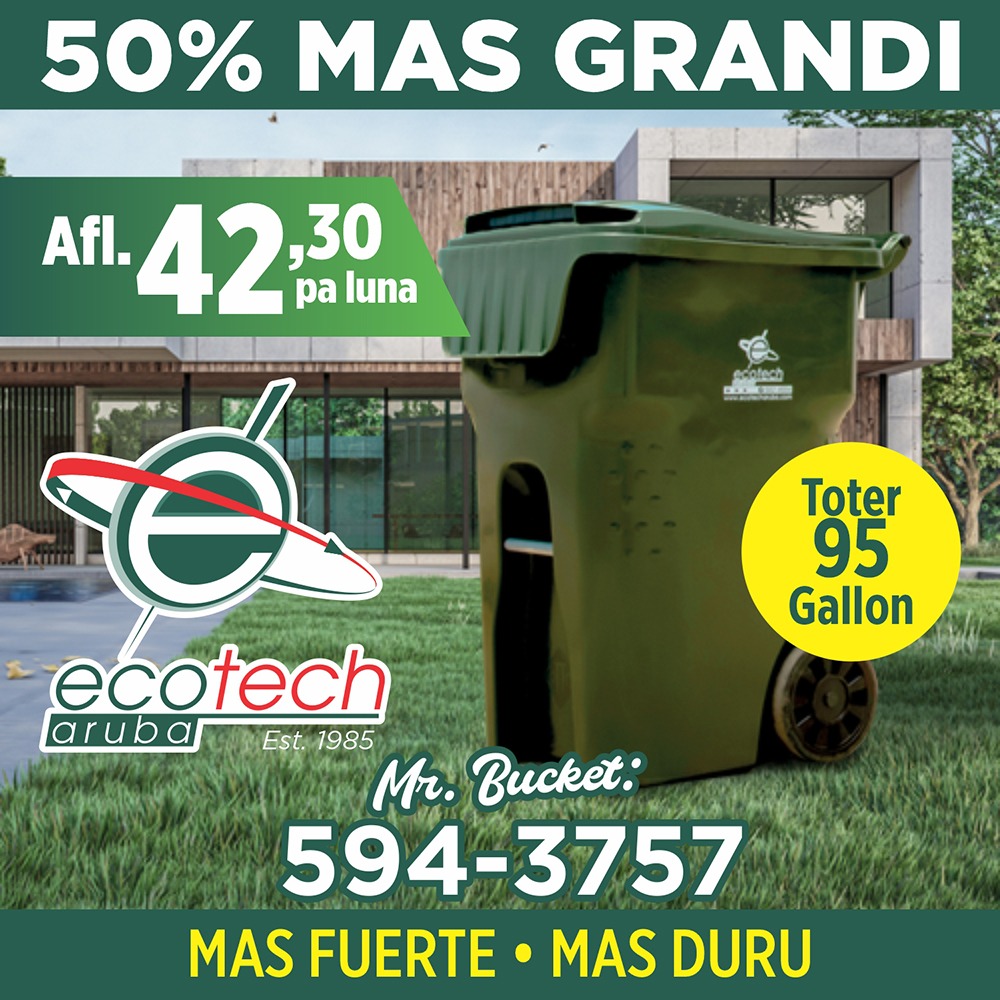
Port of Spain, July 7, 2020 – The Caribbean Natural Resources Institute (CANARI) has joined with other experts in calling for protecting the planet as a priority to deliver the United Nations 2030 Sustainable Development Agenda, with resilience put at the centre of our development model and
COVID-19 recovery packages.
CANARI’s Executive Director, Nicole Leotaud, was one of the independent experts who inputted into a background paper for the session on ‘Protecting the Planet and Building Resilience’ being held at the United Nations (UN) High-Level Political Forum on Sustainable Development on July 8, 2020.
Recent global reviews have concluded that generally poor progress is being made with implementing SDGs related to protecting and sustainably using nature and this session will highlight priorities and recommendations for Member States and other stakeholders to discuss at the UN meeting.
As part of her submission, Ms. Leotaud noted that, “Complete reform of economic and financial systems and disruption of business-as-usual approaches are required to value, protect, restore and build natural ecosystems as the foundation for sustainable socio-economic development…Peoplecentred, inclusive economic development should be premised on protecting and building natural capital to create wealth and build resilience that serve the interests of all current and future global
citizens.” CANARI sees transformation to more environmentally sustainable, inclusive and resilient economic development models as critical to link human development and well-being to nature and a healthy
planet. The paper emphasises that poverty eradication and social and economic development depend on addressing climate change, the conservation and sustainable management of the planet’s natural resources, and a systemic approach to managing risk.
Ms Leotaud also opined that, “Post-COVID-19 stimulus packages have the potential to catalyse the transformation that is so urgently needed or lock us into a global development pathway that destroys natural capital and exceeds environmental limits, resulting in widening socio-economic
inequality and vulnerability.” The paper notes that green measures in post COVID-19 fiscal stimulus packages could target job creation with lasting benefits for climate and nature, while redirecting harmful subsidies to catalyse greener economic growth, avoiding environmental de-regulation, and addressing the drivers of disaster risk. Recognising the importance of nature to economic sectors and businesses in the Caribbean, CANARI’s Executive Director further emphasised that COVID-19 responses should focus on micro, small and medium enterprises (MSMEs) to support those most in need.
CANARI emphasised the important role being played by civil society organisations and called for this to be recognised and supported as part of whole of society approaches in delivering the Sustainable
Development Goals (SDGs). CANARI has been supporting civil society to take action on and to advocate for implementation of the SDGs in the Caribbean, including via the Caribbean Civil Society SDGs Knowledge Platform which CANARI hosts. Independent experts and global agencies worked together virtually for two months to contribute to the background paper. Development of the paper was led by the Secretariat of the Convention on
Biological Diversity, UN Department of Economic and Social Affairs, UN Environment Program and the UN Office for Disaster Risk Reduction. The background paper is available online and the UN session can be watched live via the UN’s online channel.












